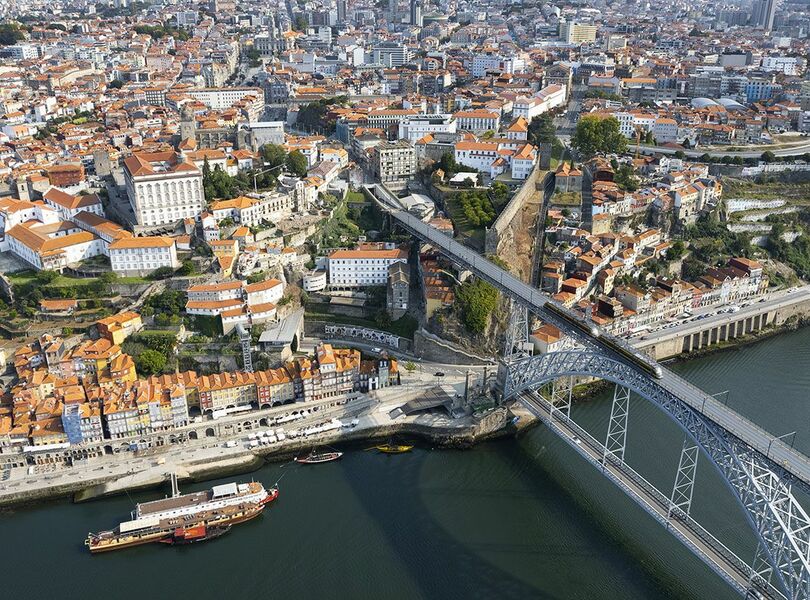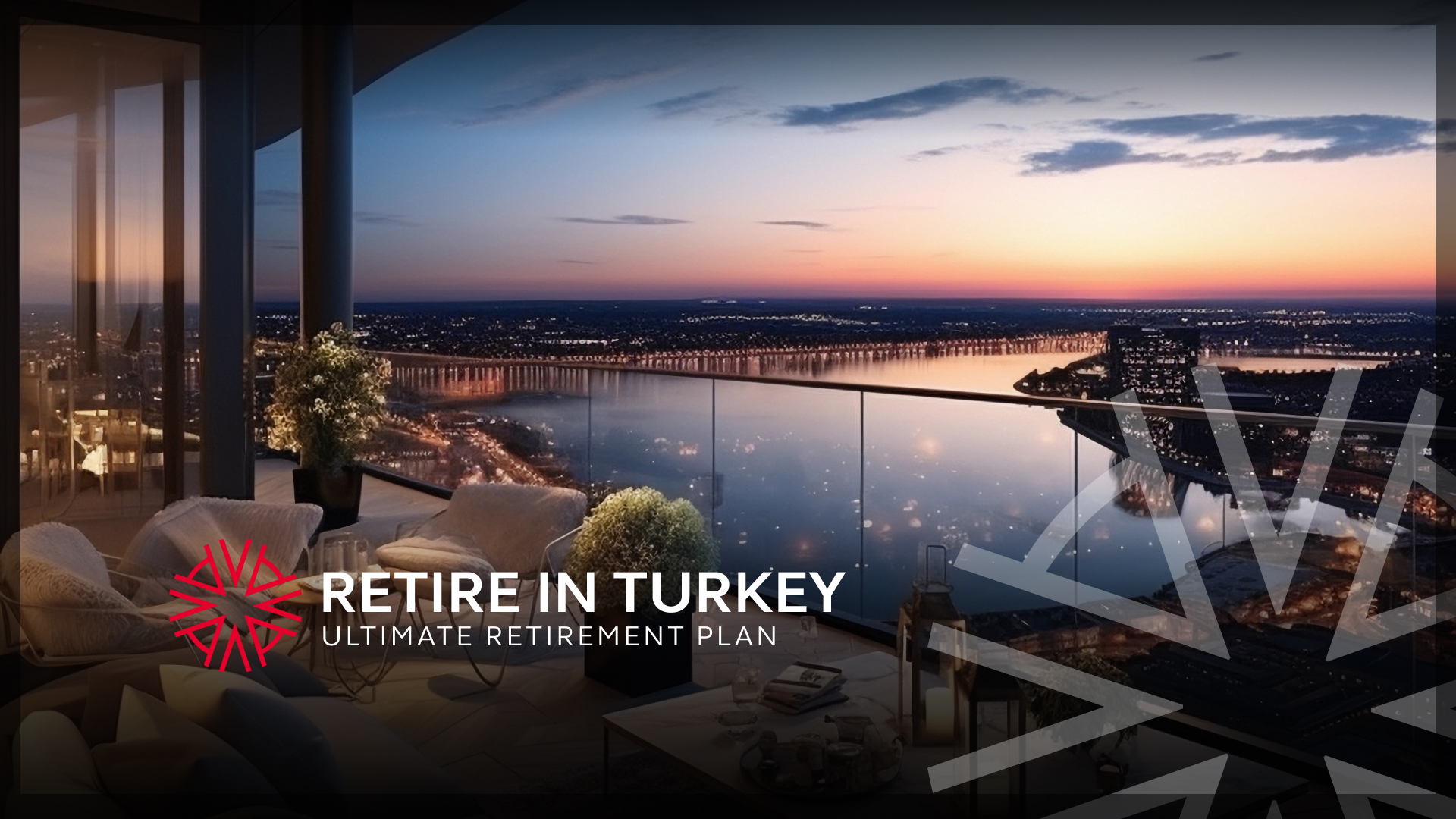Portugal is a popular country in which to seek residency, for good reasons – its warm climate, high standard of living, the quality of healthcare and education in the country, its secure place within the EU and its favourable tax arrangements.
There are two main routes through which to gain residency: the Golden Visa and the D7 Visa.
Golden Visa
Portugal’s Golden Visa program is one of the speediest and relatively less expensive routes to residency in the EU, with a minimum requirement of 280,00 Euros invested in real estate and residency approval usually within 6-8 month.
There are many benefits to Golden Visa residency making Portugal a very attractive option for residency. Benefits include:
- Visa-free travel within the 27 member states of the EU Schengen Zone for 90 days within any six-month period
- Range of investment options from as little as 280,000 Euros
- The right to live, work and study in Portugal
- Warm climate and high standards of living
- Good educational facilities with access to highly regarded universities and the advantage of lower EU tuition fees
- Inclusion of spouse (or partner of more than 3 years duration), dependent children and dependent parents in residency and citizenship
- Speedy residency application process
- Low requirements for a minimum stay in the country
- There are beneficial tax arrangements for NHRs (non-habitual residents)
- Option to let any property purchased as an investment and gain returns on the investment
- The ability for property acquisition and the residency application process to take place remotely
Investment Options
There is a range of investment opportunities under the Golden Residency (or Golden Visa) program. The minimum investment is 280,000 Euros in property, going up to 500,000 Euros depending on location in the country (if it is in a low GDP area or a region with a low population density) and when the property was built.
- The investment must be kept for a minimum of 5 years but can be sold after this time.
- Another investment option is to start a business employing at least ten Portuguese people
- A further investment option is a minimum capital investment of 1,500,000 Euros.
The Golden Visa is renewable every two years. Non-European Golden Visa holders, after having Golden Visa residency for five years, can continue to renew their Golden Visa every two years, regardless of whether they have passed the language test. Once they do pass the language test they can apply for the Golden Visa Permanent Residency and/or apply for Portuguese Citizenship.
Family members who can be included in the Golden Visa residency are spouse/partner, children under 18 years old, dependent unmarried children over 18 who are in full-time education, parents of the applicant or spouse/partner providing they are over 55 years old, with no need to provide evidence that they are dependents if they are over 65 years old, and siblings under 18 years old, of either partner if legally under their supervision.
What Are The Requirements For Golden Visa Permanent Residency
In order to qualify for Golden Visa Permanent Residency the applicant will need to demonstrate:
- That they still hold the investment that they got as a condition of the Golden Visa
- That they have fulfilled the minimum stay requirements
- That they have not been convicted of a crime
- That they have proof that they have sufficient funds to support themselves
- That they have passed the language test.
Residency Requirements With Golden Visa
Portugal has low requirements for residency in the country. The applicant would need to stay for 7 days during the first year of residency and 14 days during the subsequent two years. The residency can be cancelled if the holder does not visit the country for two consecutive years or is absent for 30 non-consecutive months in a five-year period, subject to certain exemptions, for example if the person goes back to their home country for work, cultural, social or entrepreneurial reasons.
Our team at Astons can advise you on all of these requirements. Contact us here.
The D7 Visa
The other main option for residency in Portugal is the D7 (Passive Income or Retirement) Visa. This visa is aimed at non-Portugese and non Swiss/EU nationals who have a passive income, and it enables them to have an entry into the country, after which they can apply for residency.
What Are The Qualifications For Obtaining A D7 Visa?
- Applicants are non-Portugese, non-EU/EAA/Swiss nationals
- They have to prove that they have sufficient income to support themselves, with a minimum of 705 Euros per month (8,460 Euros per annum) with 50% of this for a spouse and 30% for each dependent child. These funds can include income from pensions, investments, transferable equity, property rentals, and intellectual property
- They have to hold a minimum of 30,000 Euros in a Portugese bank account
- They need to provide property documentation or a tenancy agreement to prove they have accommodation in Portugal
- They must be able to spend at least 16 months in Portugal during the first 2-year period of residency
- They will also be subject to a criminal record check
Contact our friendly and knowledgeable team here (link) for expert advice on all of the requirements for the D7 Visa. We will be happy to give advice on each stage or guide you through the whole process from start to finish.
Benefits of the D7 Visa
Once issued, the D7 visa provides the main benefits of residency in Portugal:
The right to live and work in Portugal
The right to travel freely within Portugal and to have visa-free travel to all the countries in the Schengen area
The applicant becomes a tax resident immediately and enjoys the tax benefits of having the option to become a “non-habitual resident” of Portugal for tax purposes, ie very little and in some cases no tax on foreign-sourced income, whether from pensions, dividends, interests, royalties or real-estate
A 10-year income tax break
Access to other rights of residency: the high quality education and healthcare systems, vocational training, social security, trade unions and the protection of Portugese law
The D7 visa is usually granted within 60 days of the application. It is valid for one year and can subsequently be renewed for successive two-year period.
After five years this can then be converted into a permanent residency or citizenship.
The applicant’s spouse/partner, parents, children under 18 and dependent children over 18 (ie who are studying and dependent on the support of their parents) and siblings who are minors can all be included under the D7 Visa.
Residency Requirements of the D7 Visa
During the first two years, there is a requirement for the holder to remain in the country for at least 16 months. They will also have to reside in the country for at least 23 months in the subsequent three years. The visa may be withdrawn if the person is absent from the country for 6 consecutive months.
Once permanent residency has been acquired, the residency requirements would be a minimum of 30 months during each five-year period, with the possibility of losing the residency if there was an absence of 25 consecutive months.
There are exceptions to the rules around absences if the person has to spend time in their home country for certain reasons such as professional commitments.
Although the visa is for people with a passive income, the residence visa would not prevent the person from having a professional income.
The many benefits of the D7 visa make it a very popular route into Portugal, both amongst older people on a regular pension, and also for younger people, particularly those in the digital and telecommunication fields, who are not bound to a particular country for their work and lifestyle.
While the D7 Visa is a quick and relatively easy entry into Portugal, it is aimed primarily at people who receive a passive income so is more suitable for the retired and those receiving income that does not derive from work in the country, albeit that it does not prevent the holder from earning money and having a professional income.
The Golden Visa is suitable for anyone who can comply with the minimum investment requirements and also offers a speedy way to residency.
Our international team at Astons will be able to offer you quick, friendly and expert advice on which route is best for you, as well as all aspects of gaining residency by investment. Contact us for a free initial consultation.













